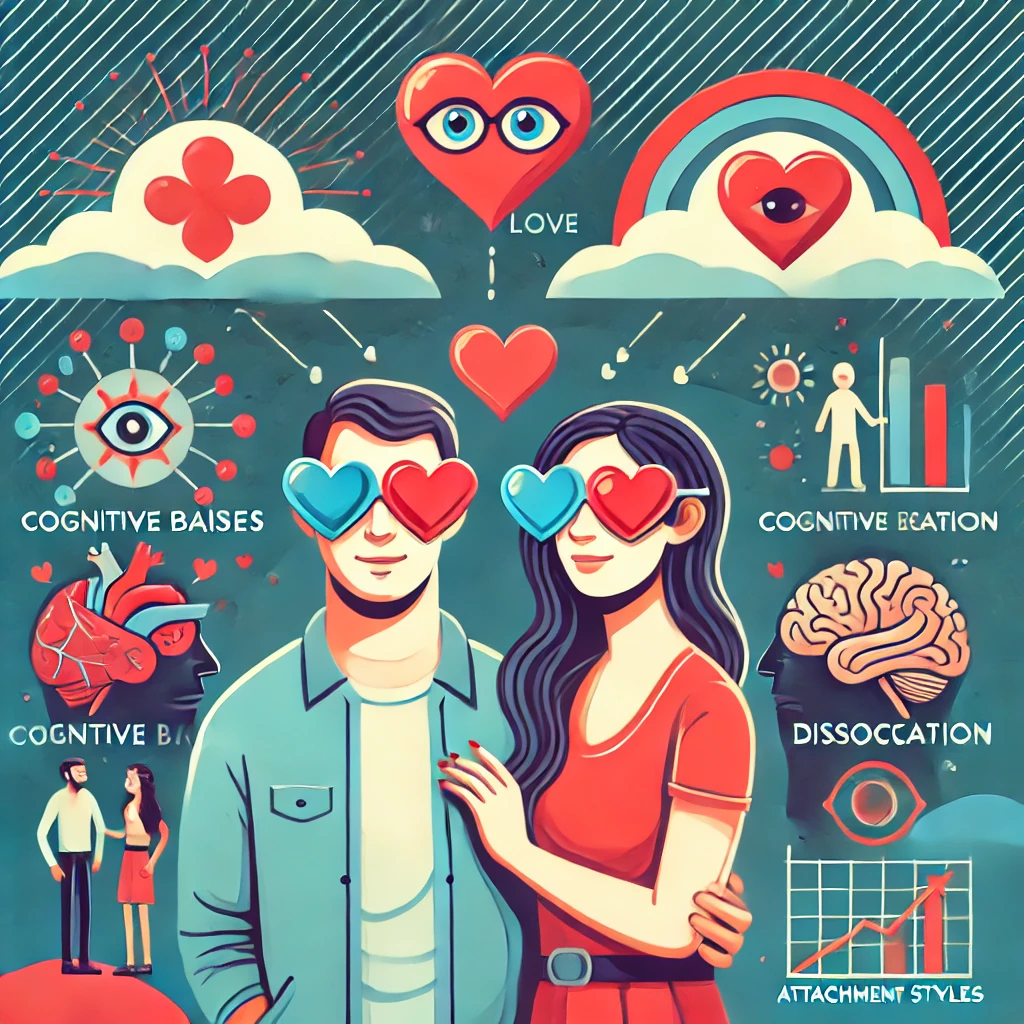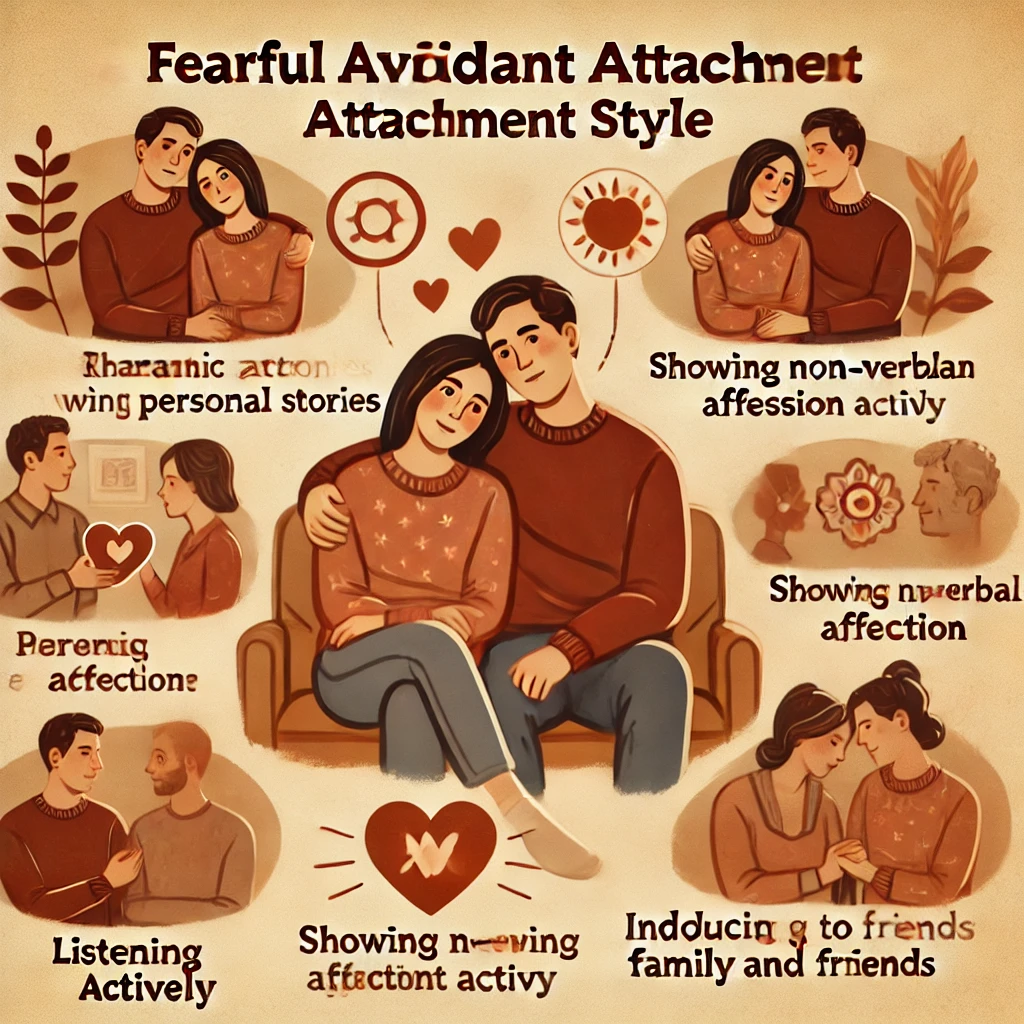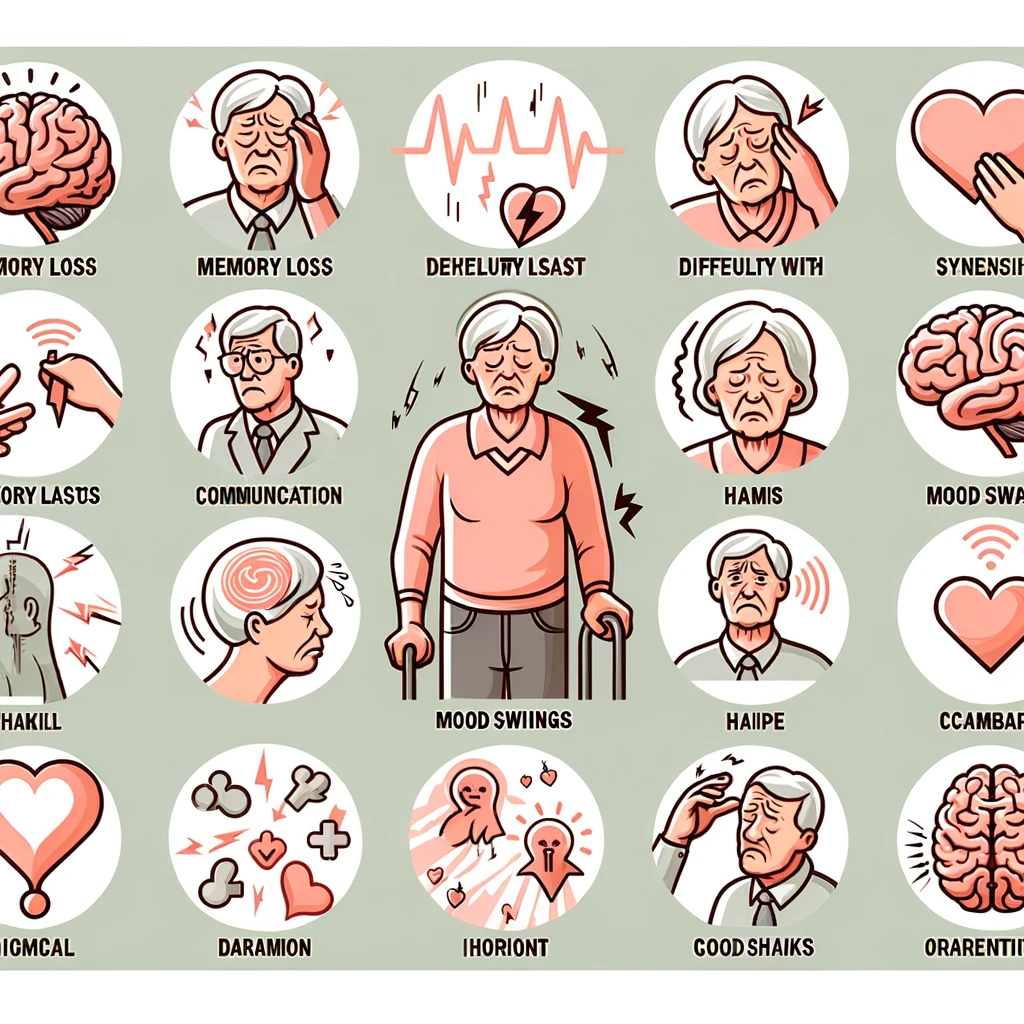Vertigo is a sensation that can leave you feeling off-balance and dizzy, like the world is spinning around you. While it’s often associated with inner ear issues or migraines, anxiety can also be a contributing factor. In this article, we’ll explore the connection between anxiety and vertigo, and provide self-help strategies to manage anxiety-induced vertigo.
What Exactly is Vertigo?
Vertigo is a type of dizziness that can cause you to feel unsteady, weak, and disoriented. It can be triggered by various factors, including:
- Inner Ear Problems: Conditions like vestibular neuritis or labyrinthitis.
- Meniere’s Disease: A disorder of the inner ear causing severe dizziness.
- Brain Issues: Strokes, tumors, or multiple sclerosis.
- Head or Neck Injuries: Trauma affecting balance.
- Migraines: Certain types of migraines can cause vertigo.
- Medications: Some drugs have side effects that include dizziness.
However, anxiety can also play a role in causing vertigo.
How Anxiety Causes Vertigo
Anxiety can cause vertigo in several ways:
- Increased Sensitivity: Anxiety can make you more sensitive to bodily sensations, leading to sensory overload and emotional unsteadiness.
- Stress Hormones: The stress response triggered by anxiety releases hormones like adrenaline and cortisol, which can increase heart rate and blood pressure, leading to vertigo.
- Hyperventilation: Rapid and shallow breathing can disrupt the body’s balance of gases, leading to dizziness and nausea.
- Muscle Tension: Tense muscles, especially in the neck and shoulders, can reduce blood flow to the brain and inner ear, causing dizziness.
- Vasovagal Syncope: Anxiety can trigger a sudden drop in blood pressure and heart rate, leading to lightheadedness and disorientation.
- Panic Attacks: Panic attacks can cause a heightened sense of arousal, leading to disorienting vertigo.
Self-Help Strategies for Managing Anxiety-Induced Vertigo
If you experience vertigo caused by anxiety, consider the following strategies:
- Breathing Exercises: Deep, belly breathing can regulate carbon dioxide levels, relieve tension, and promote calmness.
- Regular Exercise: Physical activity can reduce anxiety, improve balance, and boost “feel-good” hormones.
- Hydration: Drink plenty of water to avoid dehydration, which can exacerbate dizziness.
- Rest: Get enough sleep to ease anxiety and reduce feelings of unsteadiness.
How Anxiety Causes Vertigo
| Cause | Description |
|---|---|
| Increased Sensitivity | Anxiety heightens awareness of bodily sensations, causing sensory overload. |
| Stress Hormones | Anxiety triggers release of adrenaline and cortisol, raising heart rate. |
| Hyperventilation | Rapid breathing disrupts gas balance, leading to dizziness. |
| Muscle Tension | Tense muscles reduce blood flow to brain and inner ear. |
| Vasovagal Syncope | Anxiety drops blood pressure and heart rate, causing lightheadedness. |
| Panic Attacks | Heightened arousal during panic attacks causes disorientation. |
Tips for Managing Anxiety-Induced Vertigo
- Stay Active: Engage in regular physical activities to help reduce anxiety and improve balance.
- Practice Mindfulness: Techniques like meditation and deep breathing can help calm your mind and reduce vertigo.
- Stay Hydrated: Drinking plenty of fluids can help maintain your body’s equilibrium.
- Get Adequate Sleep: Ensure you’re getting enough rest to help manage anxiety and its physical symptoms.
Remember, if your experience with anxiety-induced vertigo feels overwhelming, don’t hesitate to seek support from healthcare professionals.










